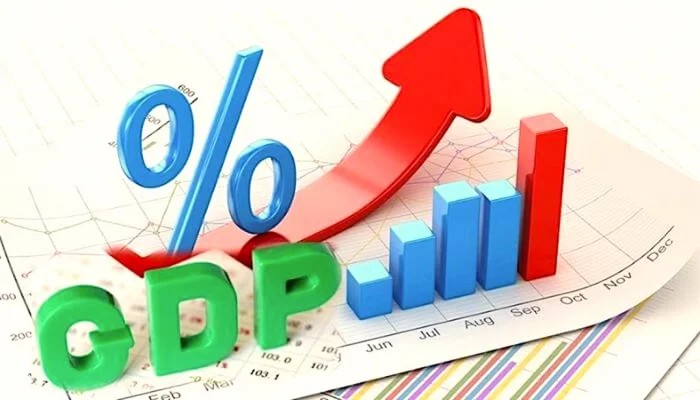Abuja, July 28, 2025 — Prominent economists have raised concerns over Nigeria’s persistent productivity gap, despite the recent rebasing of the Gross Domestic Product (GDP) which has expanded the nation’s economic output to ₦372.8 trillion.
The rebasing exercise, carried out by the National Bureau of Statistics (NBS), reflects a broader and more current assessment of the country’s economic activities. While the updated figures place Nigeria ahead of several African peers in terms of economic size, analysts warn that the glowing statistics mask underlying weaknesses in key sectors, particularly in labour productivity and industrial output.
Dr. Tunde Ayoola, a senior economist at the Centre for Economic Transformation, noted that the rebasing provides a clearer picture of economic activities but does not necessarily translate into improved productivity or living standards. “The GDP number is bigger now, but the average output per worker remains low. We’re not producing more, we’re just counting more,” he said.
Sectors such as agriculture and services continue to dominate the rebased GDP, but with limited technological input and value addition, raising doubts about long-term growth sustainability. Experts also highlighted chronic issues like weak infrastructure, erratic power supply, and inadequate investment in education and skill development as critical drags on productivity.
While government officials have hailed the rebased figures as a sign of economic resilience, economists are urging a stronger focus on structural reforms that can boost productivity, attract sustainable investment, and create high-value jobs.
The NBS has indicated that the next phase of analysis will focus on understanding sectoral contributions and leveraging the data for policy direction. However, stakeholders insist that without urgent productivity-enhancing reforms, the rebased GDP will remain a statistical boost rather than a real economic transformation.

